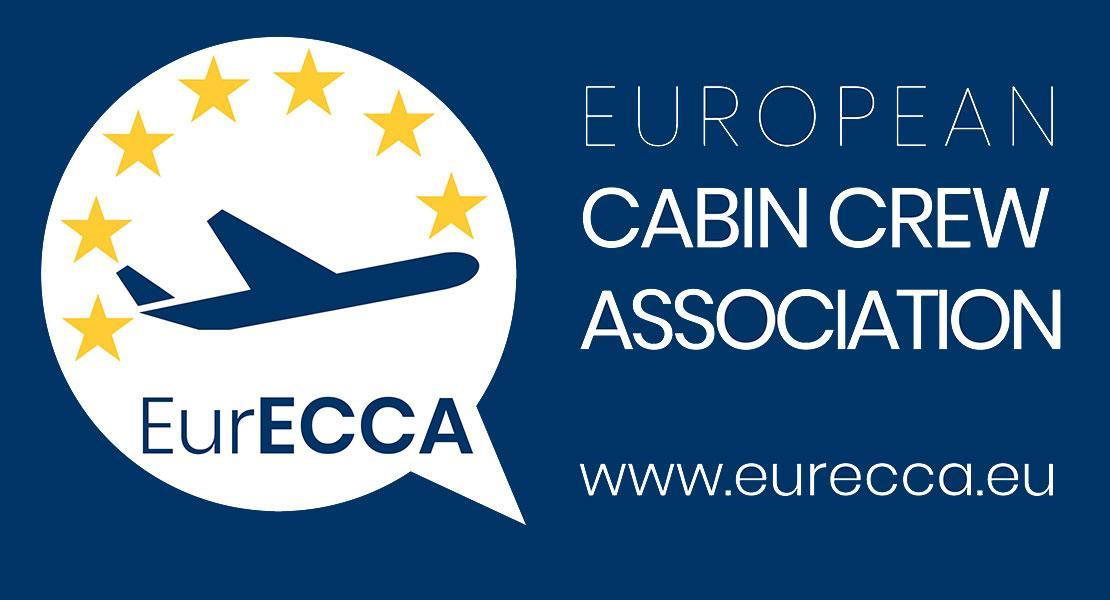EurECCA emphasizes the importance of having a binding definition for operational base
Due to next revision of Regulation (EC) 1008/2008 EurECCA emphasizes the importance to solve the definition of operational base.
The COVID crisis has exacerbated the negative impacts on working and employment
conditions, flight safety and fair competition in the single aviation market.
The European and national legal framework is no longer adapted to these changes. Moreover, several studies by the European Commission, national experts on social issues related to aircrews, resolutions by the European Parliament and some Member States have called for a clarification and strengthening of the legal framework to address the impacts of the liberalisation of air transport services. In particular, it is essential to clarify the labour law applicable to aircrew.
A clear definition must be given at European level.
Some airlines with lower social costs have increased the number of “operational bases” outside the Member State of their main establishment in order to employ their aircrews, while applying the labour law of the “home base” chosen by the company instead of applying the law of the country of the “operational base”.
The “home base” is defined at the European level, the “operational base” is not. Only France has a legal definition of the “operation base”, which has proved its effectiveness.
The “home base” is defined in part ORO from Regulation 83/2014:
“Home base” means the location, assigned by the operator to the crew member, from
where the crew member normally starts and ends a duty period or a series of duty
periods and where, under normal circumstances, the operator is not responsible for the accommodation of the crew member concerned;
As the home base is chosen by the company, it can quickly become a “fictious” base.
This can be corrected by the definition of “operational base”, as it is attached and linked to the flight crew (pilot) or cabin crew itself.
The definition of the French operational base is:
Article R.330-2-1 of the Civil Aviation Code:
“Article L. 342-4 of the Labour Code is applicable to air transport companies in respect of their operational bases located in French territory.”
“An operational base is a set of premises or infrastructures from which a company carries out a stable, usual and continuous air transport activity with employees who have the effective centre of their professional activity there. For the purposes of the above provisions, the centre of an employee’s professional activity is the place where he/she usually works or where he/she starts its duty and returns after completing his/her assignment.”
In order to clarify the law applicable to the employment contract for aircrew, the transposition of the French concept and definition of the “operational base” into EU law appears to be the appropriate solution.
It is more than ever necessary to amend EU legislation to address these concerns, in particular to clarify the obligations of air carriers in each “operational base”, and to allow the competent authorities of each “operational base” to ensure the effective application of EU and national law.


